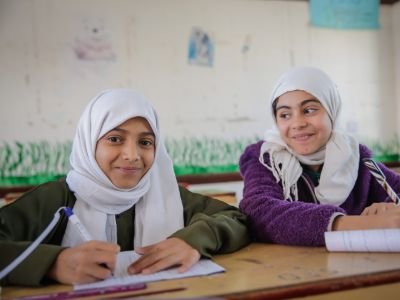
Module Overview
Child safeguarding (including sexual exploitation and sexual abuse of children) is a major concern for all sectors in humanitarian crisis, and because of the wide-reaching impact of child safeguarding violations, it is a system-wide issue which requires collective, joint action as well as action by individual organizations. Coordination teams, working in clusters, sectors, areas of responsibility (AoRs) or working groups, therefore have an important role to play in keeping children safe in humanitarian responses by embedding child safeguarding (including protection from sexual exploitation and abuse (PSEA) of children) actions in their coordination functions and supporting partners to improve their commitments to child safeguarding.
This module provides clarification on what child safeguarding (CSG) is and how it differs from child protection (CP) and protection from sexual exploitation and abuse (PSEA), explores the child safeguarding responsibilities of cluster coordination teams and provides an overview of the responsibilities of individual organizations.
This module is primarily aimed at education cluster/Education in Emergencies (EiE) working group coordination teams but is relevant to those working in all clusters/ sectors/ AoRs.
Learning Objectives
By the end of the module, you should be able to:
All humanitarian actors have a mandate to ensure children in crisis are kept safe. Unfortunately, children’s safeguarding can be compromised in humanitarian programmes. Humanitarian actors need to ensure that the adults who work in their organizations, and on their project sites, do not pose a risk to children.
5 LessonsIn this module, we have learned that:
1 Lessons
Login To Leave Review